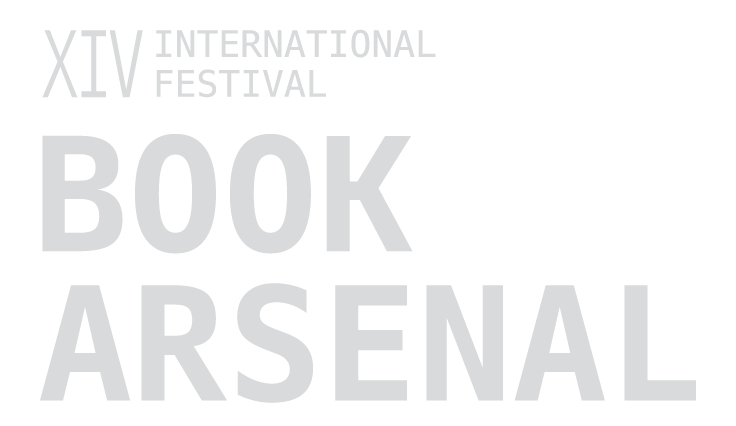Curator—Olena Huseinova
The gap between our experiences will widen, and the strength to overcome it will decrease every day. I heard this phrase at a coffee break in the summer of 2023. The phrase was said with the most mundane of all possible intonations. And this betrayed the fact that the phrase was not uttered for the first time. Later I heard different versions of it many times. The gap was called distance. Incompatibility. The abyss. There was nothing striking about this phrase and its synonymous series. What struck me was how easily I believed it. And how easily I accepted it. I accepted that there is a distance between what I, a civilian woman in Kyiv, is going through, and what another civilian woman is going through, for example, in the temporarily occupied Berdiansk. The distance is explosive, torn, ripped, with such uneven edges that can never be closed together. These edges are constantly stretching, so that we can no longer remember or recognize each other’s facial features or voices.
The phrase about the widening gap, taken on faith, took up residence in me, settled safely and comfortably. I felt all the more hopeless and inconvenient with it inside, the more certainly the word gap was being filled with theses, texts, visual images and overgrown with concepts and interpretations. The gap between civilians and military servicemen and servicewomen, between volunteers and the mobilized ones, between those who dare to speak and those who cannot overcome silence, between those who allow themselves to laugh and those who do not forbid themselves to cry.
The word gap was growing and risked becoming the main word, and maybe the only one. If I did not see the tactical backpack which had returned from the courses of basic military training. The back of the backpack was torn. There was a gap in it. It happened to the backpack, because the person who wore it had been digging trenches with it on his back, crawling in those trenches, performing shooting exercises and doing other things, the correct names for which I have yet to learn. The gap on the backpack was real. And it demanded action. To buy a new backpack. Or to repair this one. It demanded a choice. Because the backpack had to serve further. I was looking at the tangled, dangling threads, and the web of meanings from which the word gap had been woven before meeting this tactical backpack was unraveling and forming a thin line of reality. Here are the grenades that the soldiers carry in their pouches, and sometimes in their pockets, and which they throw to hit the enemy, and these grenades from the pouches and pockets actually explode when they hit the enemy. And here are the mines or clusters from the BM-21 Grad that remained stuck in the ground and did not explode, about which precisely that is said—did not explode. They truly did not explode. But my friend, who lives in Kharkiv, confesses that she still cannot recognize the sounds of a projectile exit and its approaching hears them equally dull, and simply knows that in its approaching there has to be this effect of an explosion. It truly has to be.
There are so many real explosions on this war-torn land. Tactical backpacks are torn, grenades, mines and shells explode. As well as hearts and veins do. Even if we cannot recognize the sound of an explosion, we can recognize the true meanings of words and experiences, we can avoid the randomness of their use. We can go beyond the edges of intermittent indifference, beyond fantasies about distance, the unbridgeable abyss and gap. We can make a simple choice—to listen for voices, for every voice nearby and every distant voice.
I ask the combat medic I know, who has been serving in the Armed Forces of Ukraine since December 2021: Did you ever have to tear the clothes of the wounded you were saving?—No, she replies, I do not even have enough strength to tear the uniform. And in general, the best thing to do in such cases is to cut it with scissors. And a good pair of scissors is the whole thing.
The gap between all the experiences of this wartime may not be a closed circle of fantasies. If you find a good pair of scissors, like the one my friend has, you will be able to untangle the web that holds these fantasies. To find in common presence—here—on this war-torn land.

